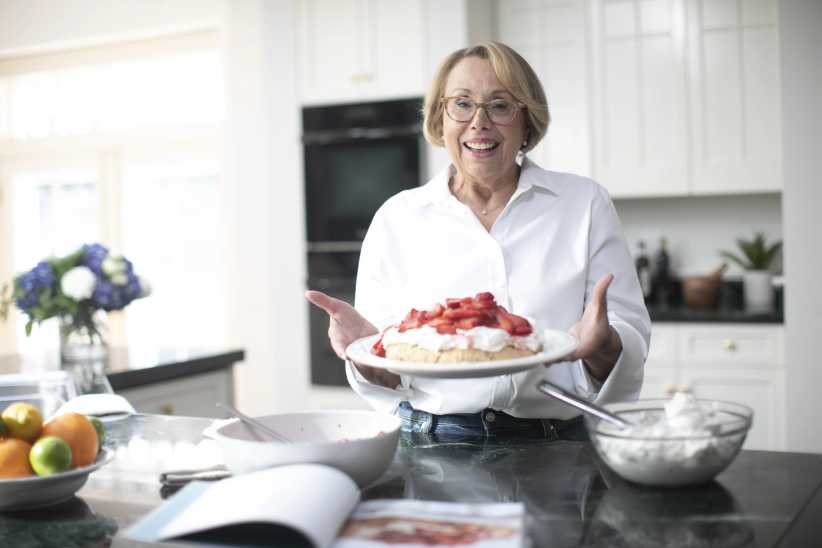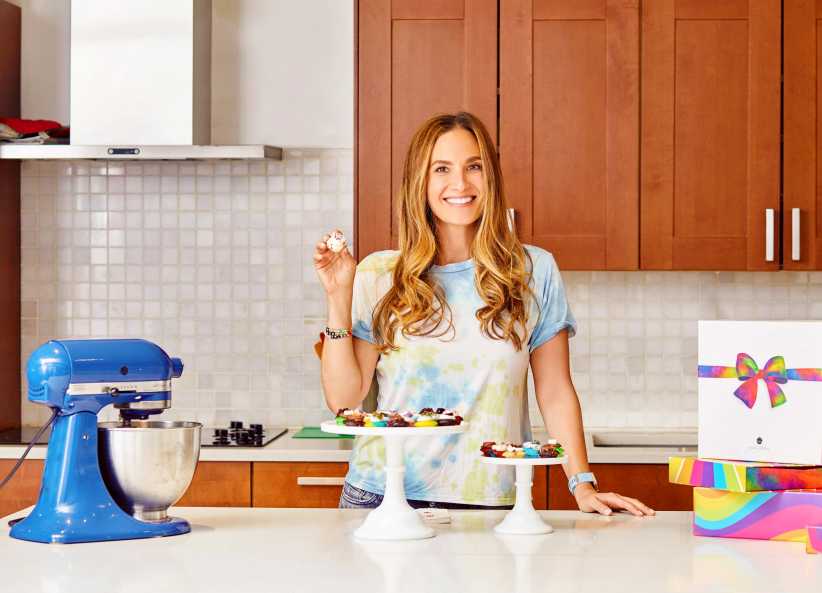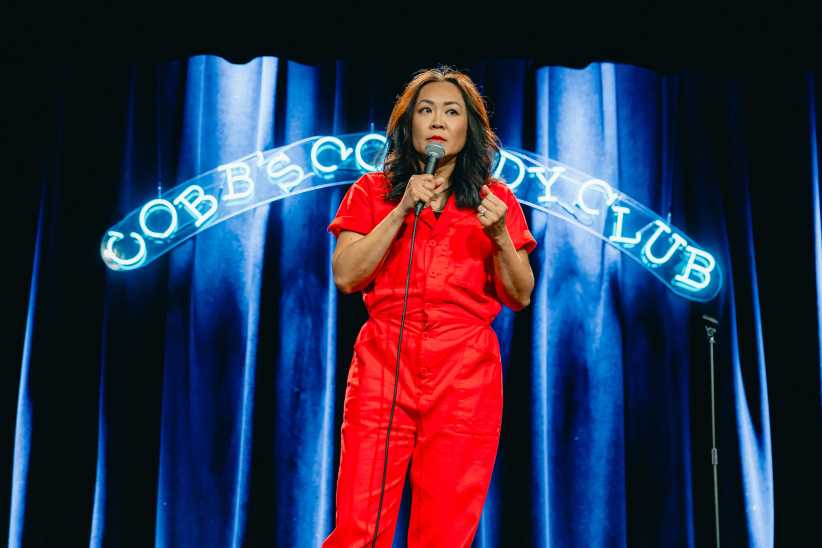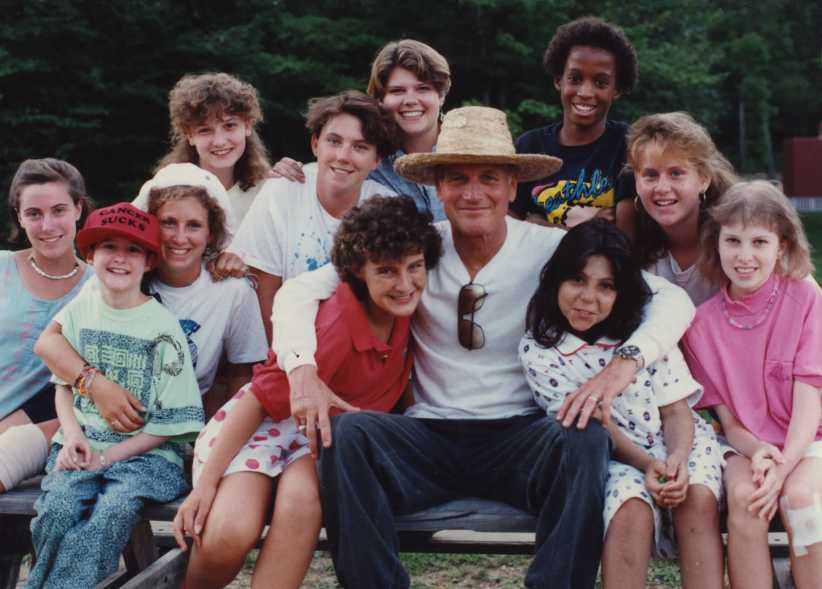 The next time you want to feel great about your parenting skills, here’s a tip: fire up your HBO Go subscription and watch “State of Play: Trophy Kids,” a documentary directed by Peter Berg (of “Friday Night Lights” fame). “Trophy Kids” follows four youngsters with undeniable talents in their respective sports whose obsessive parents are pushing them so hard you can smell the kids’ burnout right through the screen. It’s easy to sit in smug judgment of the Great-Santini parenting so thoroughly depicted in this short film; if the rest of us parents can agree on anything, it’s that giving our children ulcers over pee-wee basketball is not the way to go. And while we New York City parents have a reputation for overthinking everything about raising our kids, it seems to me that suburban parents push kid sports way more than we do. I’ve always felt it’s one of the upsides of raising kids in the city: there’s actually less pressure here to letter in lacrosse than for kids who live just about anywhere else.
The next time you want to feel great about your parenting skills, here’s a tip: fire up your HBO Go subscription and watch “State of Play: Trophy Kids,” a documentary directed by Peter Berg (of “Friday Night Lights” fame). “Trophy Kids” follows four youngsters with undeniable talents in their respective sports whose obsessive parents are pushing them so hard you can smell the kids’ burnout right through the screen. It’s easy to sit in smug judgment of the Great-Santini parenting so thoroughly depicted in this short film; if the rest of us parents can agree on anything, it’s that giving our children ulcers over pee-wee basketball is not the way to go. And while we New York City parents have a reputation for overthinking everything about raising our kids, it seems to me that suburban parents push kid sports way more than we do. I’ve always felt it’s one of the upsides of raising kids in the city: there’s actually less pressure here to letter in lacrosse than for kids who live just about anywhere else.
This isn’t to say that I never get a little nervous when my Westchester-based mom friend tells me about her nine-year-old’s double-double-headers. Or when my sixth-grader’s classmate tells me he has batting practice every day after school. (That kid is a New Yorker, by the way, so there goes my theory.) I can’t help comparing those kids to my own middle-schooler, who is also busy every day after school— playing XBox. I made it a point not to over-schedule him. But shouldn’t I help him find where his gifts lie, besides getting Level 5 Archers in Clash of Clans? To use sports psychologist Larry Lauer’s term: what is the “optimal push?”
Pushing our children optimally means helping them fulfill their potential without damaging their self-esteem. Like it or not, society has higher expectations of today’s children, and it takes at least some level of parental pushing to prepare them. By the time our kids apply to high school (as almost every NYC-based child will), they’re supposed to exhibit exceptional skill in one or more arenas. To that end, my husband and I require our children to pursue two extracurricular activities— one athletic and one artistic. (Guess which parent is pushing for which.) But which activities our kids choose, the after-school workloads they create, and whether they stick with those activities? We try to leave those decisions to them.
This seemed like a good plan until this fall, when my seven-year-old daughter has been asked to choose between team gymnastics— with five hours of practice weekly, plus six travel tournaments— and Level One Ballet, with three hours of barre class per week plus a holiday break dedicated entirely to performances of “The Nutcracker.” Shouldn’t a second-grader be able to do cartwheels for an hour a week, wear a tutu for another? Enjoying both, specializing in neither? And what about time to play with dolls, or ride her scooter, or stare at the ceiling? “The very idea of play is at risk,” Peter Berg argues, and I do feel certain that I am supposed to protect a second-grader from the idea that she has to be that hard-core into anything at all. At the same time, I wonder if she’ll feel frustrated and left behind when her friends who have chosen one or the other of those activities start seriously outpacing her in their abilities.
Every child is different, of course, and so the optimal push for any child is probably a balance of that child’s age, ability, and desire to be pushed in the first place. I was happy that my almost-teenager signed up for the same daily batting practice as his friend for this fall— not because I want my son to play for the major leagues, but because he was making his own decision to commit more deeply to something he loves. But what if he hadn’t expressed the desire to work harder? Would it have been my job to sign him up anyhow, ignoring the incipient howls of outrage? If he had waited until 11th grade to work hard at baseball, he wouldn’t have had a chance against the kids who had had pitching coaches since third grade. That wouldn’t really have bothered me. But I think it would have bothered him.
Maybe I am overthinking all this. But what sort of parent doesn’t want to set her child up for a life of happiness and success, however that success might be defined? Wanting that doesn’t make me helicopter-hovery. If I didn’t want that for my kids, I’d be Betty Draper. Helping my children pursue their still-emerging passions now— before they’re old enough to get themselves to those cross-town rehearsals— is part of my job description. Enabling my kids’ activities doesn’t mean I’m running their lives, because optimal-pushing and over-parenting are not the same thing. This fall I’m encouraging my second-grader to give soccer a try, even though— and perhaps because— it’s something that is outside her comfort zone. Pushing my children optimally doesn’t prevent my kids from knowing what failure is; it allows that failure to occur at all. Risk, and the growth that comes from it, won’t happen while my daughter stays home watching “Jessie.”
But it gets trickier when what I want for my kids— and what they want for themselves— are at odds. My fifth-grader, a talented musician, is part of a children’s chorus with excellent teaching and very high standards. When I pick him up from rehearsal, he’s usually bubbling over with excitement about what he’s learned. But by the time the next week’s rehearsal rolls around, he often resists going. It’s too hard. It’s boring. So far, the words “non-refundable tuition” have been enough to keep him going back. But when it’s time to send another check, there will be another battle. Should I let my son quit something at which he excels? If he gives up now, I think he’ll regret it. I know I will. But of course that is not the same thing.
Perhaps the optimal push is less about depth than it is about breadth. My kids don’t have to be good at everything they try. Nor do they have to keep doing things they’re good at. Not even if their chorus season includes a performance at Carnegie Hall (writing that is killing me). But my kids need to be doing something, and the attempt is all. I hope my kids will know that all I want for them is a life of discoveries and trying things without fear. That my pride in them isn’t predicated on their performance. That my support isn’t predicated on them having the same dreams for themselves that I do. If my kids grow up and look back and know those things for sure, then I will have pushed them optimally. I really hope that day comes.
Amy Wilson is a writer, actor, mother of three and the author of When Did I Get Like This? You can find her at amywilson.com.













